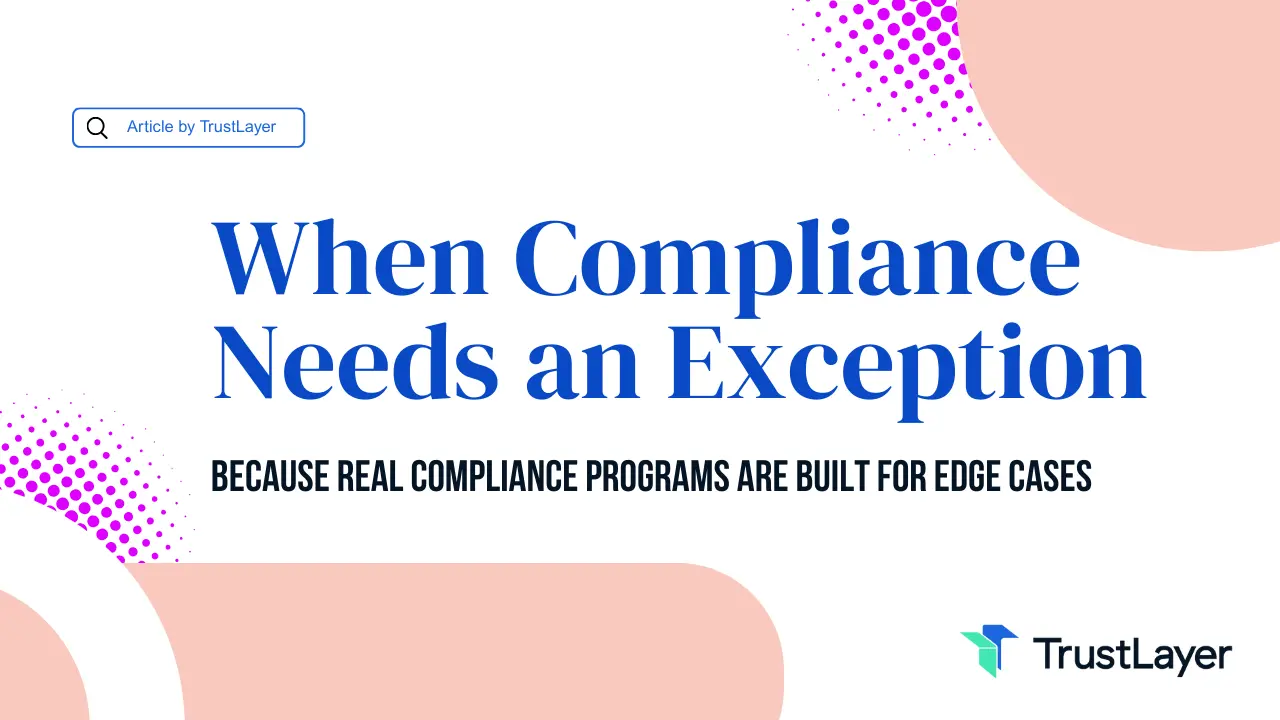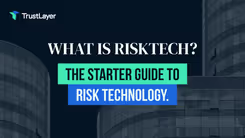Why COI Tracking Is Vital to Real Estate
In the fast-paced world of real estate, success hinges on more than just location, market trends, and skilled negotiation. Behind every thriving property deal lies a complex web of risk management and compliance measures that often go unnoticed. One such crucial element is tracking the Certificate of Insurance (COI). While it may sound like a mundane administrative task, COI tracking is a cornerstone of protecting investments, ensuring smooth operations, and maintaining professional credibility.
Understanding why COI tracking matters—and how it can be effectively managed—can make a significant difference for real estate professionals, property managers, and investors alike. This article delves into the importance of COI tracking in real estate, explores the risks of neglecting it, and highlights best practices to safeguard your ventures.
What Is COI Tracking and Why Does It Matter?
A Certificate of Insurance (COI) is a document issued by an insurance company that verifies the existence of an insurance policy and summarizes key details such as coverage types, policy limits, and expiration dates. In real estate, COIs are typically required from contractors, vendors, tenants, and other third parties involved in property operations or transactions.
COI tracking refers to the systematic process of collecting, verifying, and managing these certificates to ensure that all parties maintain adequate insurance coverage throughout the duration of their engagement. This process is not just about paperwork—it’s a vital risk management tool that protects property owners and managers from liability exposure and financial loss.
The Real Estate Industry’s Unique Risk Landscape
Real estate transactions and property management involve numerous stakeholders, including contractors, subcontractors, maintenance crews, tenants, and service providers. Each of these parties carries potential risks, from property damage and personal injury to contractual disputes. Without proper insurance coverage, these risks can quickly translate into costly lawsuits or uncovered damages.
For example, if a contractor working on a property causes accidental damage or injury but lacks adequate insurance, the property owner could be held financially responsible. COI tracking helps verify that all involved parties carry the necessary insurance to cover such incidents, thereby mitigating potential liabilities.
Moreover, the importance of COI tracking extends beyond immediate risk mitigation. It also plays a crucial role in fostering trust and transparency among all parties involved in a real estate transaction. When property owners and managers can confidently verify that their contractors and vendors are insured, it creates a more secure working environment. This assurance can lead to smoother operations, as all parties are aware that they are protected against unforeseen circumstances. In addition, many insurance providers offer risk management resources and support to their policyholders, which can further enhance safety protocols on job sites and during property management activities.
Furthermore, the digital transformation of COI tracking has made it easier than ever for real estate professionals to manage their documentation efficiently. With the advent of specialized software and platforms, property managers can automate the collection and verification of COIs, ensuring that they remain up-to-date and compliant with legal requirements. These tools can also send reminders for renewals and help maintain an organized database of insurance documents, significantly reducing the administrative burden associated with manual tracking methods. As the real estate industry continues to evolve, embracing technology in COI tracking will be essential for maintaining a competitive edge and ensuring comprehensive risk management.
The Consequences of Neglecting COI Tracking
Failing to maintain accurate and up-to-date COI records can expose real estate professionals to a host of problems. The repercussions extend beyond financial loss and can damage reputations and operational efficiency.
Financial Exposure and Legal Risks
One of the most immediate dangers of inadequate COI tracking is financial exposure. Without proof of insurance, property owners may be forced to cover damages or legal costs out of pocket. This can be especially devastating in large-scale projects or commercial real estate, where liabilities can reach millions of dollars.
Moreover, many contracts and lease agreements explicitly require proof of insurance. Non-compliance can lead to contract breaches, project delays, or even litigation. A 2022 survey by the Insurance Information Institute found that nearly 40% of small businesses faced lawsuits related to inadequate insurance coverage, underscoring the importance of diligent COI management.
In addition to the immediate financial repercussions, the long-term implications of neglecting COI tracking can be equally severe. A tarnished reputation can deter potential clients and partners, as trust is a cornerstone of the real estate industry. When stakeholders see a pattern of negligence in insurance management, they may question the reliability and professionalism of the entire organization. This loss of credibility can take years to rebuild, leading to missed opportunities and reduced market competitiveness.
Operational Disruptions and Project Delays
Beyond financial risks, poor COI tracking can cause operational headaches. Imagine a scenario where a contractor’s insurance expires mid-project, but the property manager remains unaware. If an accident occurs during that period, the project could be halted, and liability disputes could ensue, delaying timelines and increasing costs.
In addition, insurance lapses can complicate relationships with lenders and investors, who often require proof of continuous coverage as a condition for financing. This can stall funding and jeopardize project completion.
Furthermore, the administrative burden of rectifying COI issues can divert valuable resources away from core business functions. Teams may find themselves scrambling to gather documentation, which can lead to frustration and decreased morale. This distraction not only hampers productivity but can also result in missed deadlines and a decline in overall project quality. In a fast-paced industry where time is money, such inefficiencies can have cascading effects, ultimately impacting the bottom line and the ability to secure future projects.
Best Practices for Effective COI Tracking in Real Estate
Given its importance, establishing a robust COI tracking system is essential for real estate professionals. While the specifics may vary depending on the size and nature of the operation, several best practices stand out.
Centralize Documentation and Verification
Maintaining COIs in a centralized, easily accessible system ensures that records are organized and up-to-date. This centralization facilitates quick verification of coverage details and expiration dates, reducing the risk of overlooked lapses.
Regular audits of COI records can catch discrepancies or missing documents before they become problems. This proactive approach helps maintain compliance and provides peace of mind. Additionally, implementing a digital document management system can enhance this process, allowing for easy uploads, categorization, and retrieval of certificates. With features such as version control and audit trails, real estate professionals can ensure that they are always working with the most current and relevant information.
Engage Licensed Insurance Professionals
Insurance policies can be complex, with nuances that impact coverage adequacy. Consulting licensed insurance professionals can help interpret COI details accurately and identify potential gaps in coverage. These experts bring valuable insights that go beyond surface-level document checks.
For example, TrustLayer’s licensed insurance professionals offer guidance tailored to real estate needs, helping ensure that all parties’ insurance aligns with project requirements and industry standards. Furthermore, these professionals can assist in negotiating better terms with insurers, potentially leading to cost savings and enhanced coverage options. By fostering relationships with insurance agents who specialize in real estate, professionals can stay informed about emerging risks and trends that may affect their operations.
Leverage Technology for Automation
While manual tracking is possible, it is often inefficient and prone to errors. Technology solutions designed for COI management can automate reminders for renewals, flag missing or expired certificates, and streamline communication with contractors and vendors.
Automation reduces administrative burdens and enhances accuracy, enabling real estate teams to focus on core business activities without compromising on risk management. Additionally, integrating COI management software with existing project management tools can create a seamless workflow, ensuring that all stakeholders are aware of compliance requirements throughout the project lifecycle. This integration not only improves efficiency but also fosters accountability, as everyone involved can easily access the necessary documentation and updates in real-time.
How COI Tracking Supports Long-Term Real Estate Success
Beyond immediate risk mitigation, diligent COI tracking contributes to sustainable growth and reputation building in the real estate sector.
Building Trust with Stakeholders
Maintaining comprehensive insurance records signals professionalism and responsibility to investors, lenders, tenants, and partners. It demonstrates a commitment to managing risks proactively, which can enhance credibility and foster stronger business relationships.
In competitive markets, such trust can be a decisive factor in winning contracts or securing financing. Furthermore, a robust COI tracking system can serve as a powerful marketing tool, showcasing a company's dedication to risk management and operational excellence. By transparently sharing their insurance credentials, real estate firms can differentiate themselves from competitors, attracting clients who prioritize stability and reliability in their partnerships.
Enhancing Compliance and Regulatory Readiness
Real estate projects often involve regulatory requirements related to insurance coverage. Staying ahead with COI tracking ensures compliance with local laws and industry standards, reducing the risk of fines or legal complications.
Moreover, in the event of audits or claims, having well-organized insurance documentation expedites resolution and minimizes disruptions. This proactive approach not only protects the firm from potential liabilities but also positions it favorably during regulatory inspections. By demonstrating adherence to compliance standards, companies can build a reputation as industry leaders, which may lead to additional opportunities for collaboration and investment.
Protecting Financial Health and Investment Value
Ultimately, effective COI tracking safeguards the financial health of real estate ventures. By mitigating uninsured risks, it protects cash flow, preserves asset value, and supports the long-term viability of projects.
In a 2023 report by the National Association of Realtors, risk management practices—including insurance verification—were identified as key contributors to sustained profitability in commercial real estate. Additionally, the ability to swiftly address and manage claims through organized COI records can prevent costly delays and ensure that projects remain on schedule. This efficiency not only enhances investor confidence but also contributes to a positive reputation in the marketplace, encouraging repeat business and referrals from satisfied clients.
Conclusion: Prioritize COI Tracking to Secure Your Real Estate Future
Certificate of Insurance tracking is far more than a bureaucratic checkbox—it is a fundamental pillar of risk management and operational excellence in real estate. By ensuring that all parties involved carry appropriate insurance coverage, real estate professionals can protect themselves from costly liabilities, avoid project delays, and build lasting trust with stakeholders.
Investing time and resources into centralized documentation, expert consultation, and technology-driven automation can transform COI tracking from a tedious chore into a strategic advantage.
For those looking to deepen their understanding or improve their COI management practices, TrustLayer offers a wealth of insightful articles and access to licensed insurance professionals who specialize in real estate. Consider exploring their resources and booking a consultation to tailor your insurance strategy to your unique needs.
Your real estate success depends not only on what you build but on how well you protect it. COI tracking is an essential part of that protection—make it a priority today.
Embrace the future of risk management with TrustLayer, the leading solution for COI tracking that's revolutionizing the way modern risk managers operate. Say goodbye to the administrative burden of manual document verification and step into an era of automated, efficient, and reliable COI management. Join the hundreds of thousands of companies that have already elevated their risk management practices with TrustLayer. Don't let outdated processes hold you back—set up a time to talk with our team and discover how you can protect your real estate investments with confidence and ease.
















